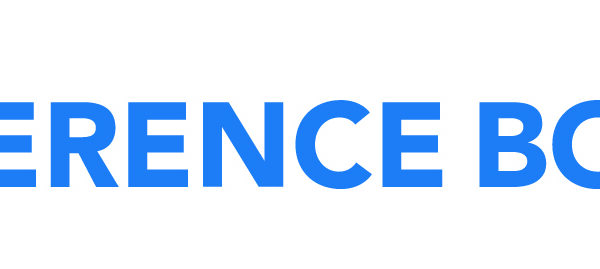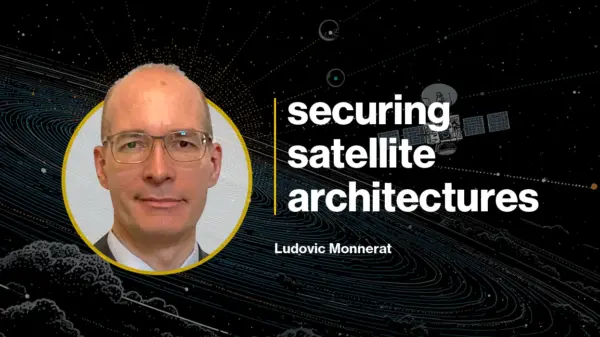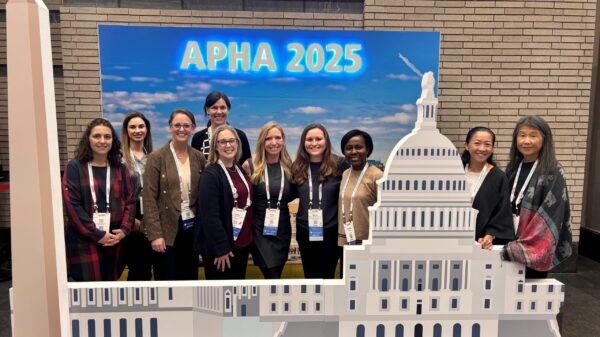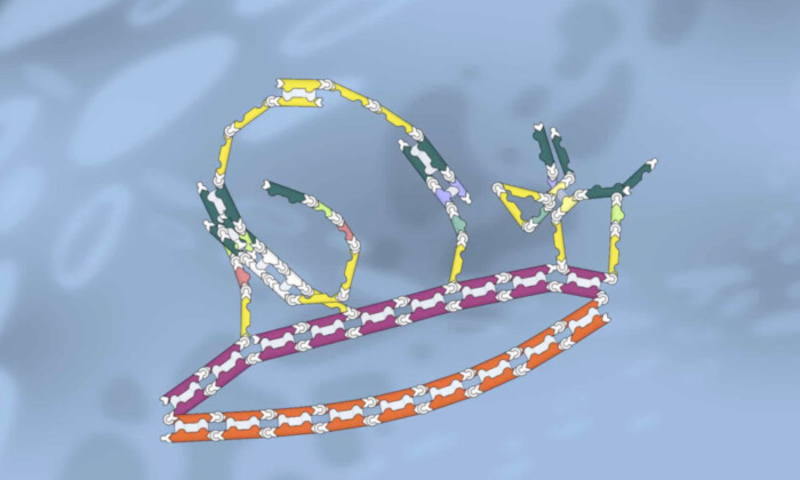Citizen science initiatives are evolving, merging gaming with crucial research to tackle significant challenges, including cancer. Author and researcher Jeff Yoshimi is at the forefront of this movement, advocating for the use of human cognitive power in scientific discovery. His recent publication, Gaming Cancer, highlights three innovative platforms that transform the creation of biological molecules into engaging gameplay: Eterna, Foldit, and Nanocrafter.
Transforming Scientific Research through Play
Each of these platforms presents a unique approach to molecular biology. Foldit allows users to assemble proteins in a manner reminiscent of bonsai art, challenging players to fold proteins into their most stable configurations. Meanwhile, Eterna offers a Sudoku-like experience, where participants design RNA molecules. Interestingly, Nanocrafter, which previously involved arranging DNA strands as puzzle pieces, is currently not in operation.
These projects not only make science accessible but also contribute meaningfully to ongoing research. For instance, Eterna recently hosted an open vaccine challenge that utilized gameplay to design RNA molecules. The outcome led to innovations in vaccine formulations that eliminate the need for ultra-cold storage, significantly enhancing distribution capabilities, especially in resource-limited settings.
Citizen Science Meets Gaming Culture
The intersection of gaming and citizen science is gaining traction, reminiscent of themes found in popular culture, such as in films like The Last Starfighter and Stargate: Universe. These stories often depict gaming as a gateway to extraordinary opportunities. Yoshimi’s work suggests a similar potential for future scientific games, where participants may find pathways to scholarships or job offers in scientific fields.
Platforms like Zooniverse also contribute to this effort, promoting citizen engagement through various scientific projects. While Zooniverse may not incorporate game-like elements to the same degree, it provides opportunities for users to contribute to research in astronomy, biology, and other fields.
The growing trend of using engaging formats to involve the public in scientific research reflects a broader understanding of the potential for citizen science. As these initiatives continue to develop, they not only foster a sense of community but also drive real-world scientific advancements. With platforms like Eterna and Foldit, participants can take pride in knowing that their gaming experiences contribute to pioneering research efforts in cancer and beyond.
Engaging the public in science through gaming represents a promising frontier. As more individuals participate, the collective power of their minds could lead to breakthroughs that were previously unimaginable, illustrating how entertainment can play a vital role in scientific progress.



































































